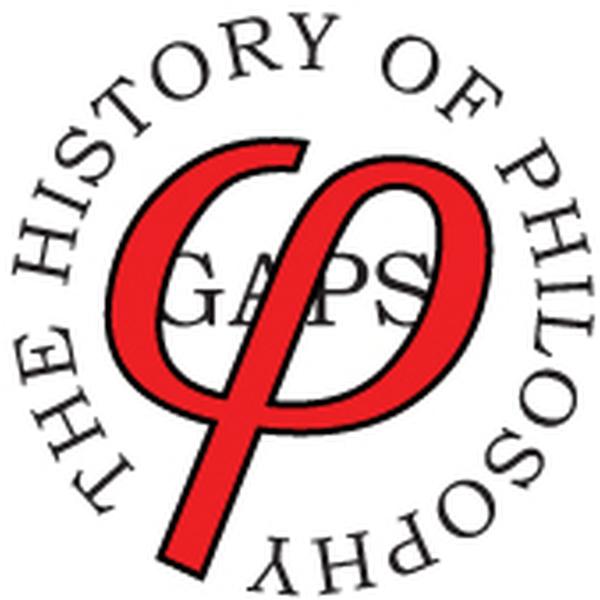
History of Philosophy Without Any Gaps
Peter Adamson
Don't miss the sister podcast, the History of Indian and Africana Philosophy.
- 21 minutes 58 secondsHoP 487 Showing Good Judgment: The Port Royal Logic
Antoine Arnauld and Pierre Nicole update the study of logic to take account of the ideas of Descartes.
22 February 2026, 9:27 am - 19 minutes 32 secondsHoP 486 Friends of the Truth: Arnauld and Jansenism
Antoine Arnauld combines Cartesian philosophy with Jansenism, one of the most controversial religious movements of the 17th century.
8 February 2026, 4:00 am - 38 minutes 41 secondsHoP 485 Liz Jackson on Pascal's Wager
An interview on contemporary approaches to Pascal's Wager: where decision theory meets philosophy of religion.
25 January 2026, 10:12 am - 22 minutes 41 secondsHoP 484 You Bet Your Life: Pascal’s Wager
Should we gamble on belief in God to have a chance at infinite reward?
11 January 2026, 4:00 am - 20 minutes 13 secondsHoP 483 Between Infinity and the Void: Blaise Pascal
Blaise Pascal was a pioneering scientist and deeply spiritual religious thinker; what united these two sides of his thought?
28 December 2025, 4:00 am - 20 minutes 4 secondsHoP 482 Indivisible, Under God: the Revival of Atomism
Why did Sébastian Basso and Pierre Gassendi think ancient atomism was the key to developing a new, modern science?
14 December 2025, 4:00 am - 20 minutes 19 secondsHoP 481 True Fool’s Gold: Pierre Gassendi
Gassendi’s path from skepticism to “baptized Epicureanism.”
30 November 2025, 4:00 am - 21 minutes 30 secondsHoP 480 Honorable Ignorance: French Skepticism
So-called “libertines” like Mothe le Vayer revive ancient skepticism, provoking a backlash from Mersenne and Arnauld. Were they right to see the skeptics as anti-religious?
16 November 2025, 4:00 am - 33 minutes 57 secondsHoP 479 Gideon Manning on Cartesian Medicine
An interview exploring Descartes' interest in medicine, how his medical ideas relate to his dualism, and his influence on medical science.
2 November 2025, 4:00 am - 24 minutes 16 secondsHoP 478 This Gland Is Your Gland: Cartesian Science
From comets to blood transfusions, embryology, and the debate over the pineal gland: Descartes’ impact on science, especially medicine.
19 October 2025, 4:00 am - 20 minutes 44 secondsHoP 477 The Mind Has No Sex: Cartesianism and Gender
Why Cartesianism appealed to women and became the inspiration for a pioneering feminist, Poullain de la Barre; and why Cartesianism was not the only option for women philosophers of the age.
5 October 2025, 4:00 am - More Episodes? Get the App